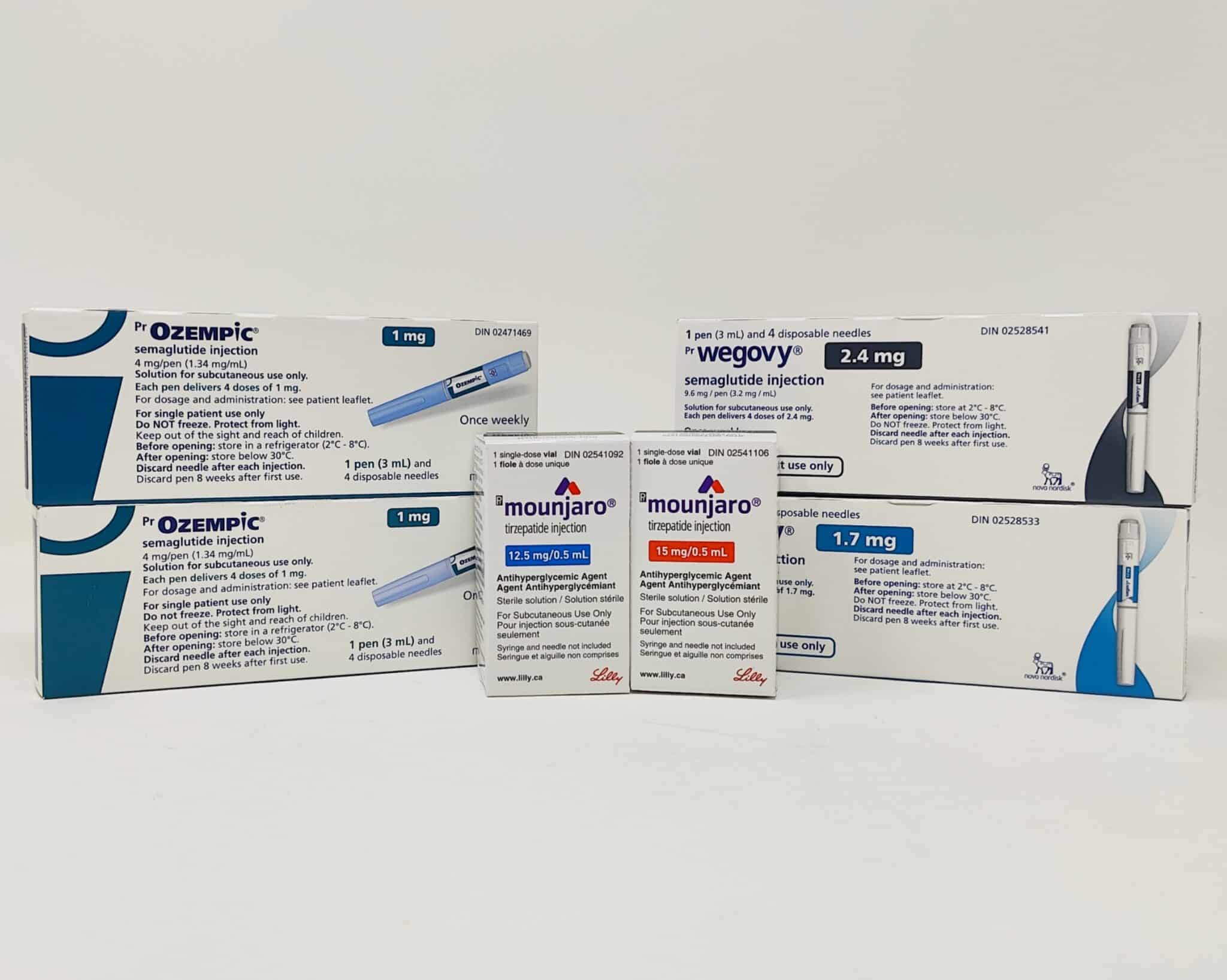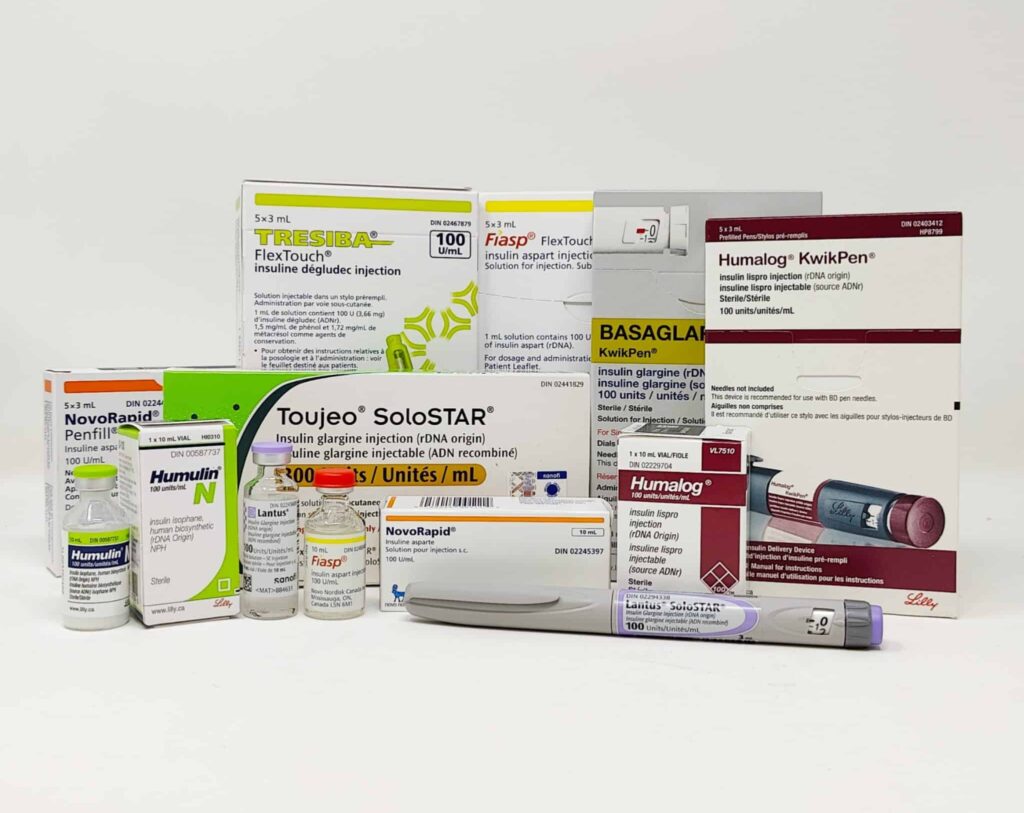Managing Medications After Bariatric Surgery: A Guide for Patients
Managing Medications After Bariatric Surgery: A Guide for Patients
- Jason K
Bariatric surgery, including procedures like gastric sleeve and Roux-en-Y gastric bypass, is an effective way to promote weight loss for individuals with obesity. However, these surgeries significantly alter the way your body processes medications and nutrients, meaning adjustments to your medication regimen are often necessary. Understanding how to manage your medications and overall health after surgery can help ensure the best possible outcomes.
Here’s what you need to know about medication changes, nutritional needs, and other considerations after bariatric surgery.
Understanding Bariatric Surgery and Its Impact
The two most common types of bariatric surgery are:
- Sleeve Gastrectomy: Reduces the size of your stomach, limiting how much you can eat.
- Roux-en-Y Gastric Bypass: Reduces stomach size and bypasses part of the small intestine, affecting how nutrients and medications are absorbed.
While these surgeries are effective for weight loss, they can lead to changes in how your body absorbs and processes medications. This makes medication adjustments and ongoing monitoring essential.
Medication Adjustments After Surgery
Avoid Certain Medication Forms
For at least 8 weeks after surgery, your body may not absorb enteric-coated or extended-release medications properly. Instead:
- Use crushable tablets, capsules that can be opened, or liquid forms of medications.
- If liquid medications are necessary, choose options low in sugar to avoid dumping syndrome, a condition that can cause diarrhea, abdominal cramps, and other symptoms.
Avoid Long-Term Use of Irritating Medications
- NSAIDs (e.g., ibuprofen) and oral bisphosphonates may irritate your gastrointestinal tract. If NSAIDs are necessary, consider taking a proton pump inhibitor (PPI) to protect your stomach lining.
- Limit the use of systemic corticosteroids when possible, as they can also irritate the stomach.
Medication Changes for Chronic Conditions
Diabetes Medications
- Sulfonylureas: Often stopped after surgery to prevent low blood sugar.
- Insulin: Mealtime insulin doses are typically reduced by at least 50%, and basal insulin doses by 50% to 75%.
- Home glucose monitoring is crucial to ensure your blood sugar stays in a safe range.
Blood Pressure Medications
- Antihypertensive doses may need to be reduced due to improved blood pressure after weight loss.
- However, medications for specific conditions like kidney protection (e.g., ACE inhibitors or ARBs) should be continued.
Blood Thinners
- Patients on warfarin may require a lower dose for about 6 months after surgery due to reduced vitamin K intake. Most will return to their pre-surgery dose over time.
- Direct oral anticoagulants (e.g., apixaban, rivaroxaban) are not generally recommended due to limited data.
Nutritional Needs After Bariatric Surgery
Vitamin and Mineral Supplements
After bariatric surgery, adhering to a lifelong regimen of vitamin and mineral supplements is critical to prevent deficiencies. Some patients may need higher doses than usual. Supplements commonly needed include:
- Multivitamins
- Calcium and vitamin D
- Iron and vitamin B12
Gallstone Prevention
Patients with a gallbladder are often prescribed ursodiol for 6 months post-op to prevent gallstones caused by rapid weight loss.
Other Post-Surgery Considerations
Preventing Blood Clots
High-risk patients may require venous thromboembolism (VTE) prophylaxis for up to 4 months after surgery. This is especially common in individuals with a history of VTE or limited mobility.
Fertility and Contraception
Weight loss surgery can improve fertility, but rapid weight loss can be harmful during pregnancy. Patients are often advised to use contraception for 1 to 2 years post-surgery. An intrauterine device (IUD) is a highly effective option.
Watch for Behavioral Changes
Some patients may develop new substance use disorders, such as alcohol dependence, after surgery. This is partly due to increased sensitivity to alcohol and the risk of replacing overeating with other addictive behaviors. Stay vigilant for signs of problematic substance use.
When to Contact Your Doctor
It’s important to stay in touch with your healthcare provider after surgery. Contact your doctor if you experience:
- Persistent nausea, vomiting, or difficulty taking medications.
- Symptoms of vitamin or mineral deficiencies, such as fatigue or tingling in your hands and feet.
- Difficulty managing blood sugar or blood pressure.
- Concerns about alcohol use or other behavioral changes.
Conclusion
Bariatric surgery is a life-changing procedure that requires thoughtful management of medications and nutritional needs. By making necessary adjustments and working closely with your healthcare team, you can maximize the benefits of your surgery while minimizing risks.
For U.S. patients looking to save on post-surgery medications, consider ordering through trusted Canadian prescription referral services like Over the Border Meds. These services offer affordable access to high-quality medications delivered straight to your door.


